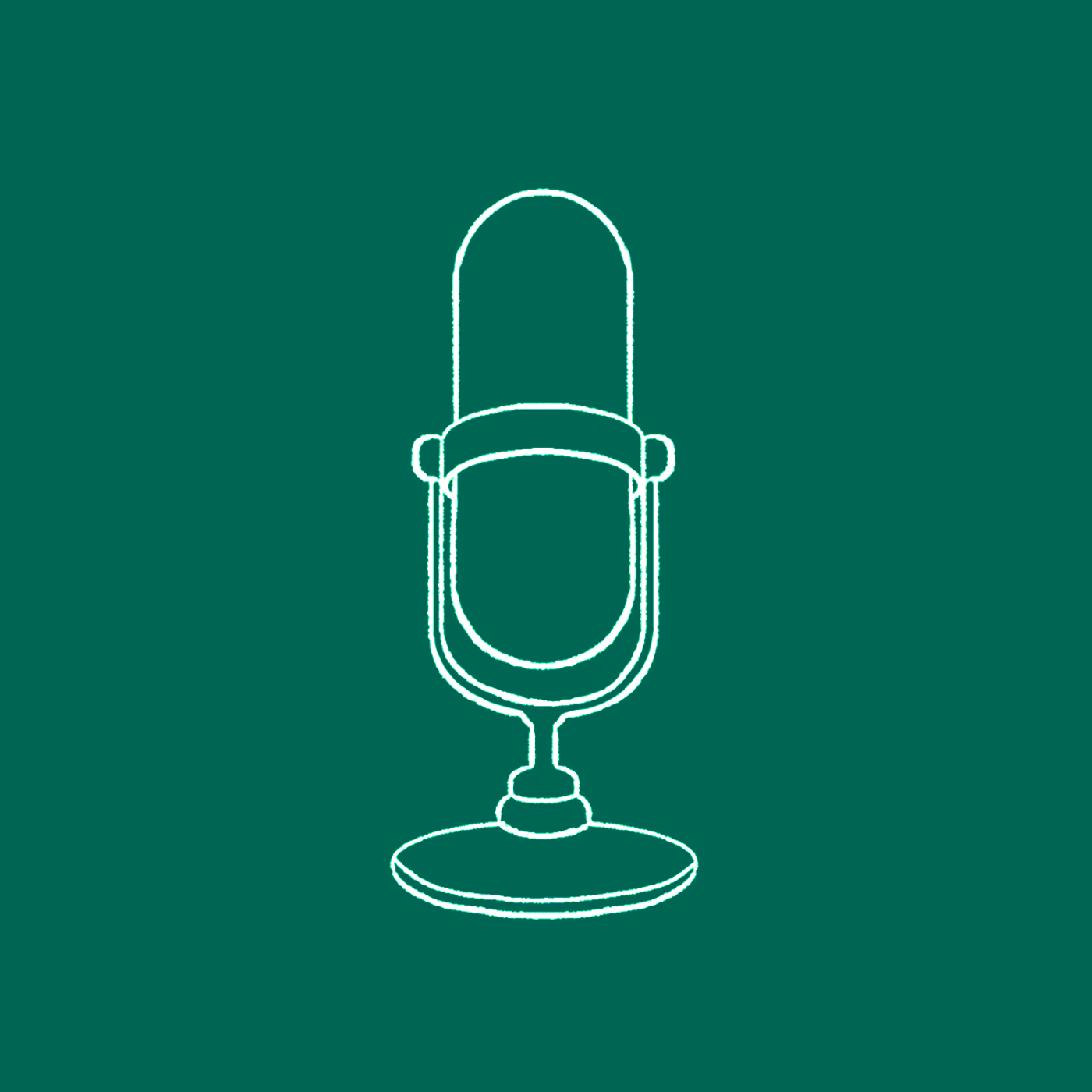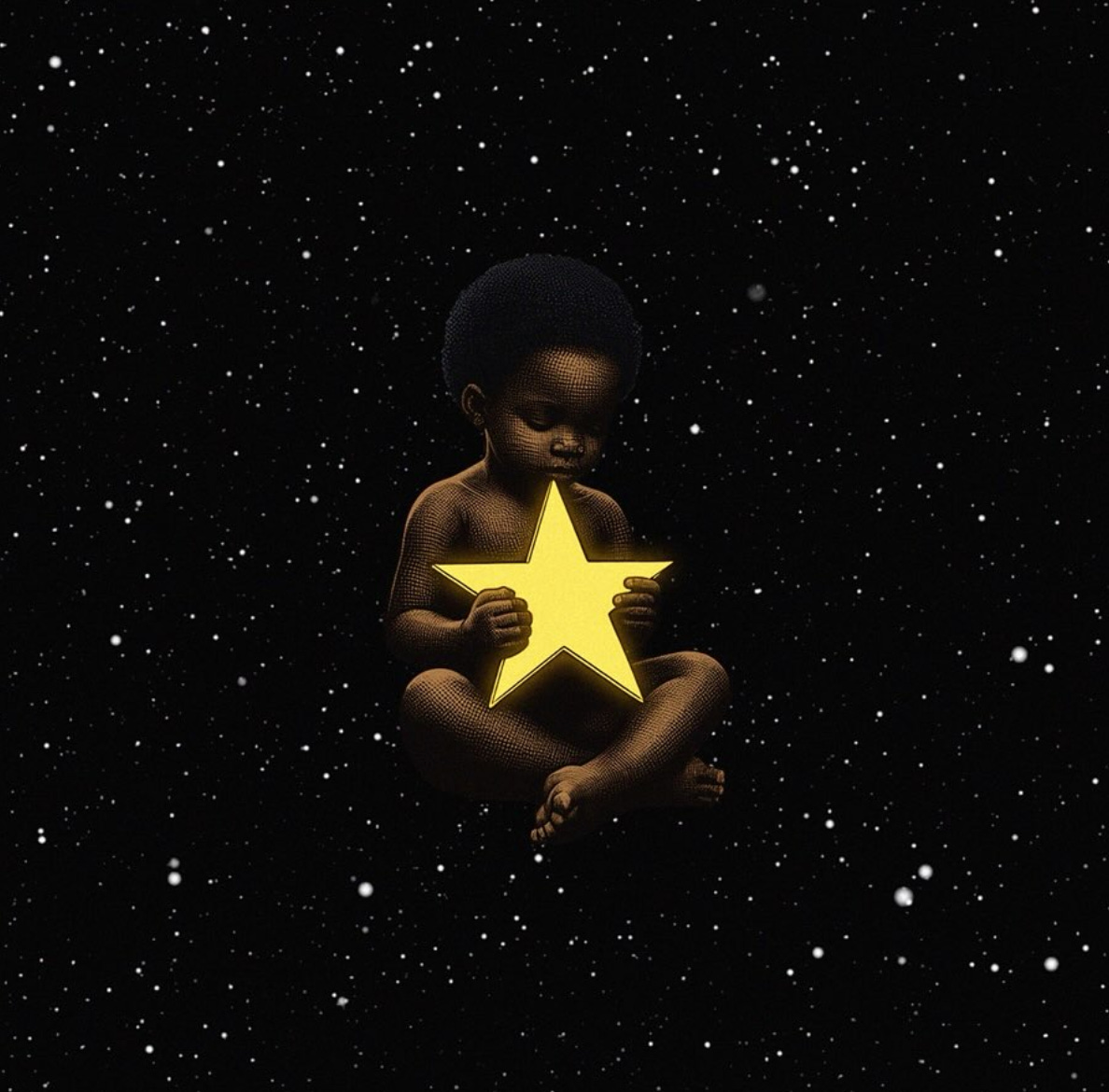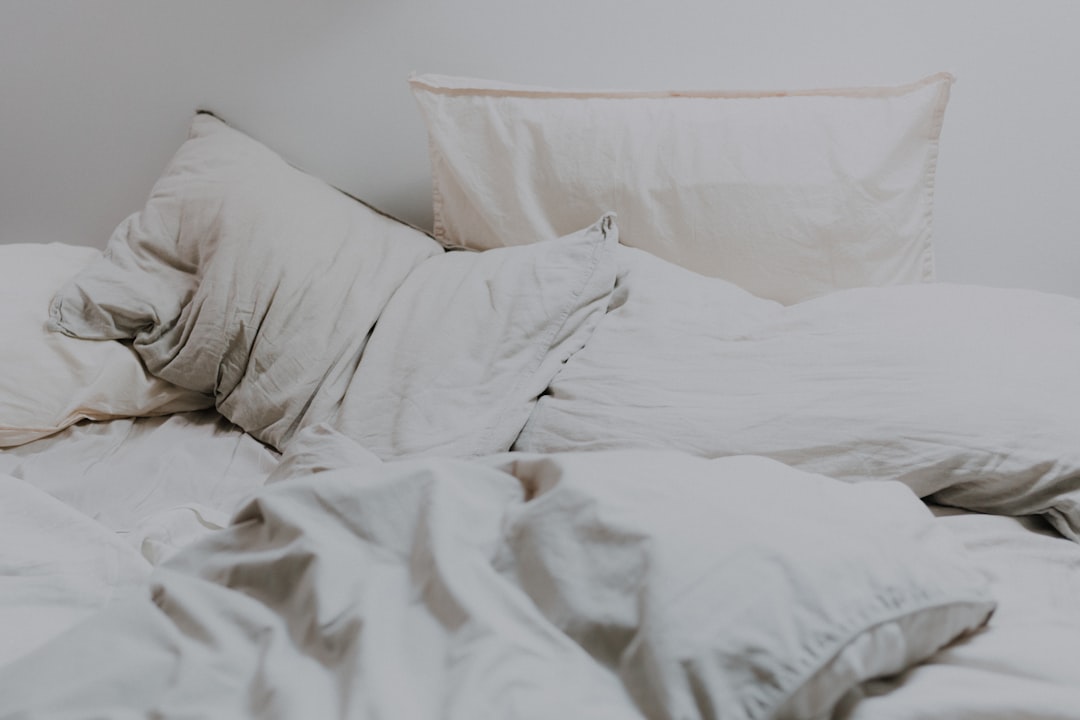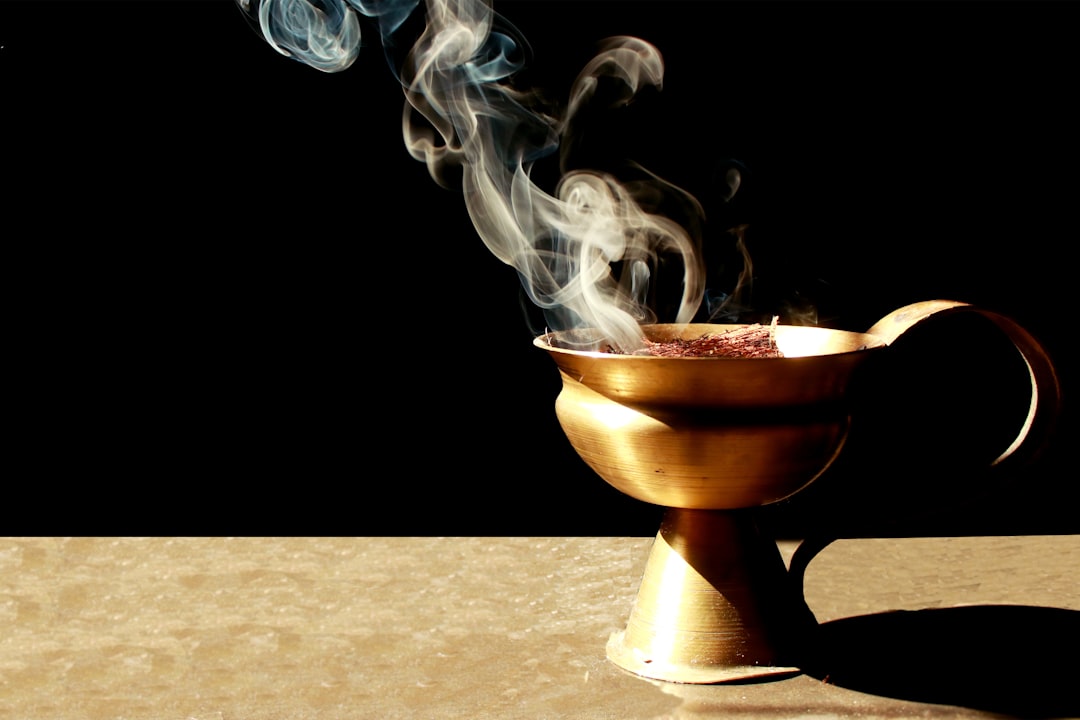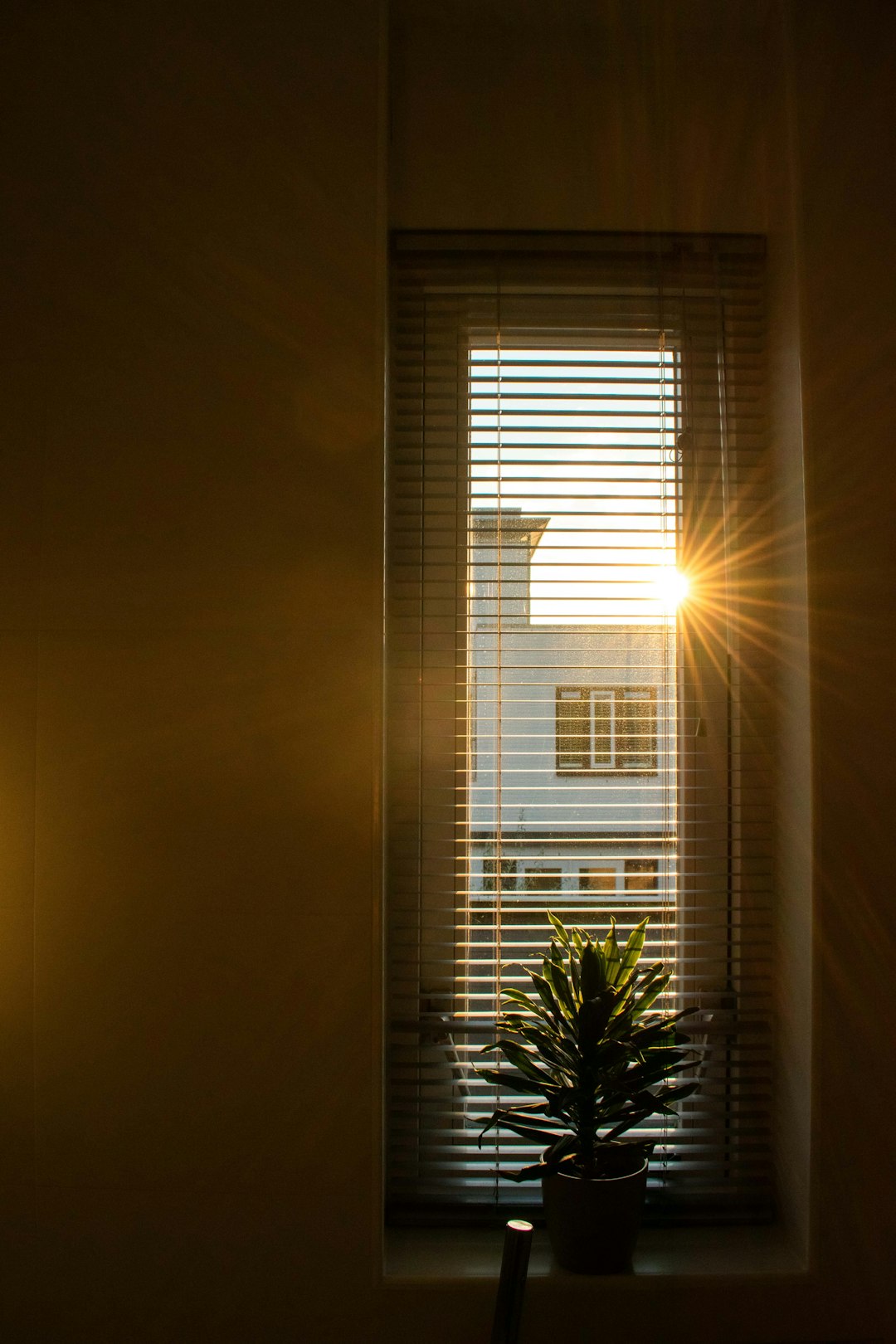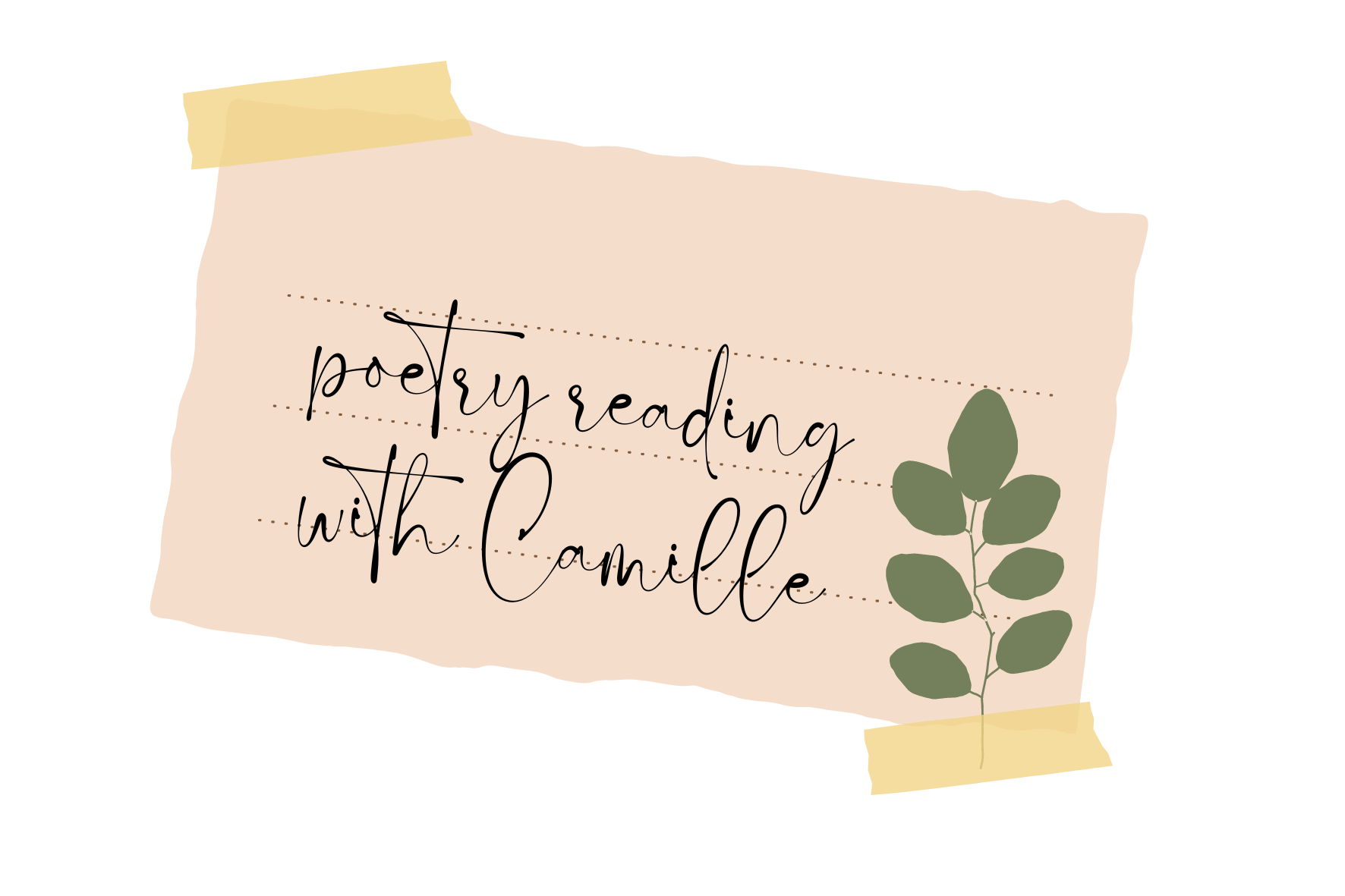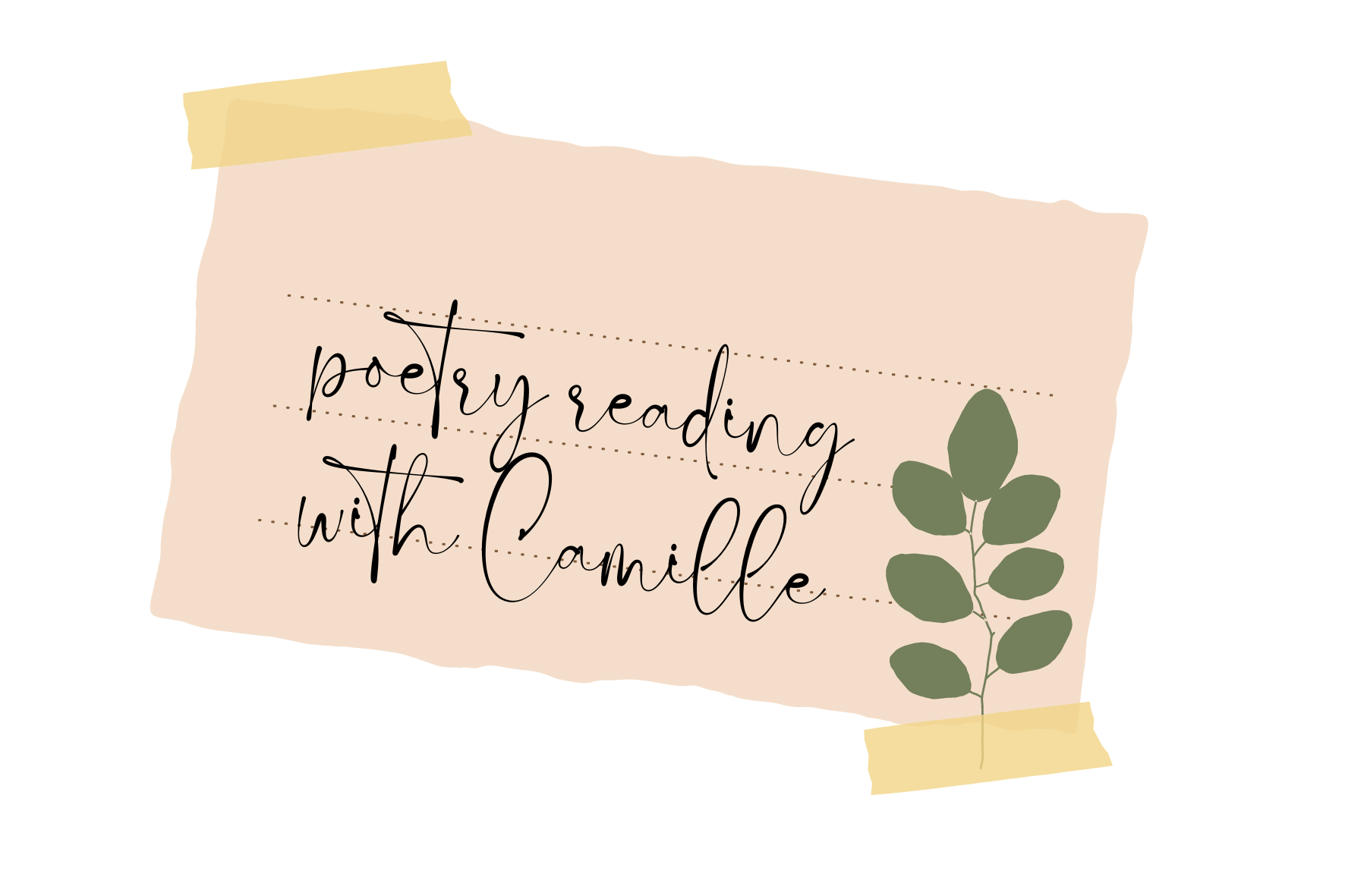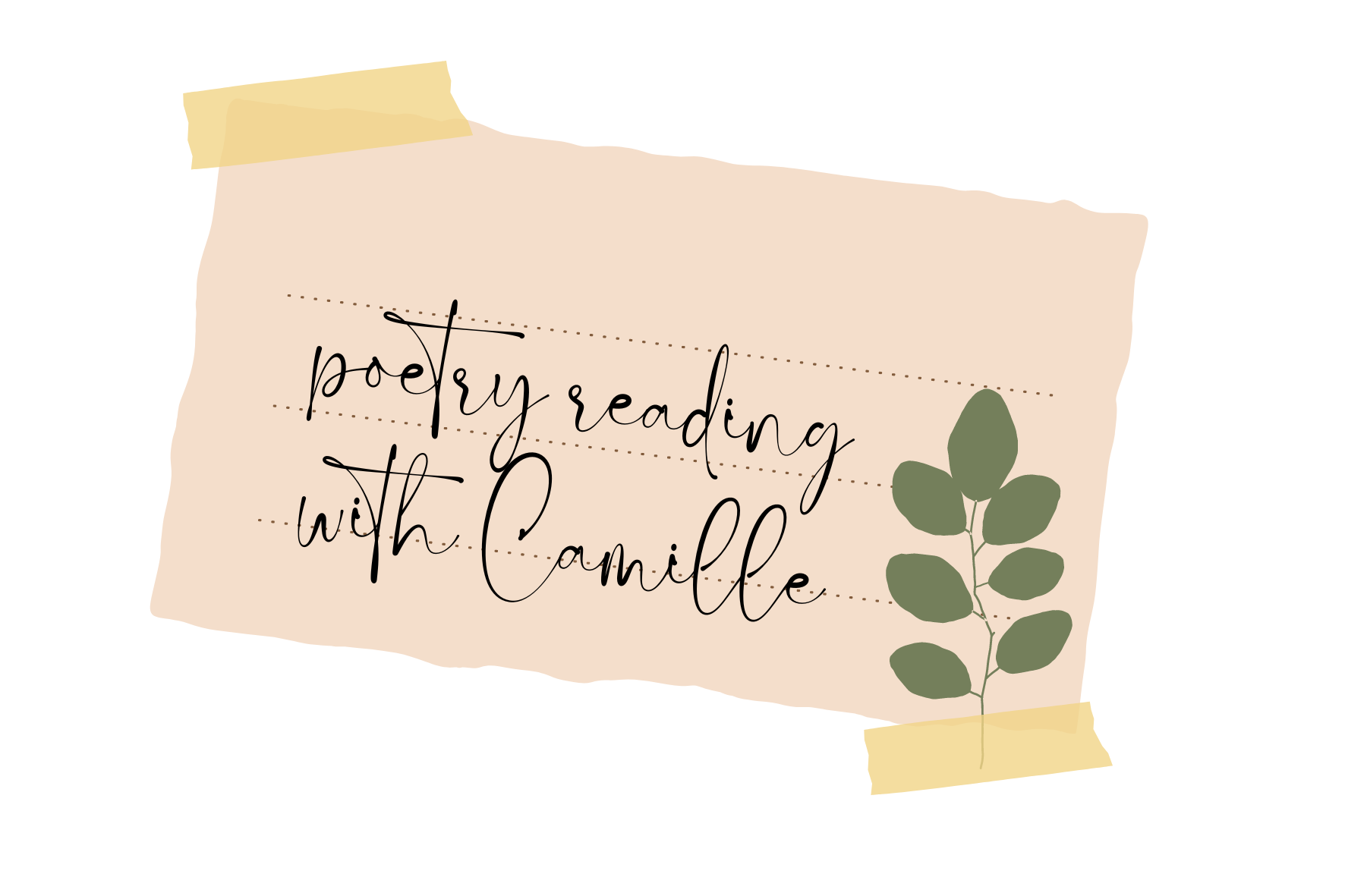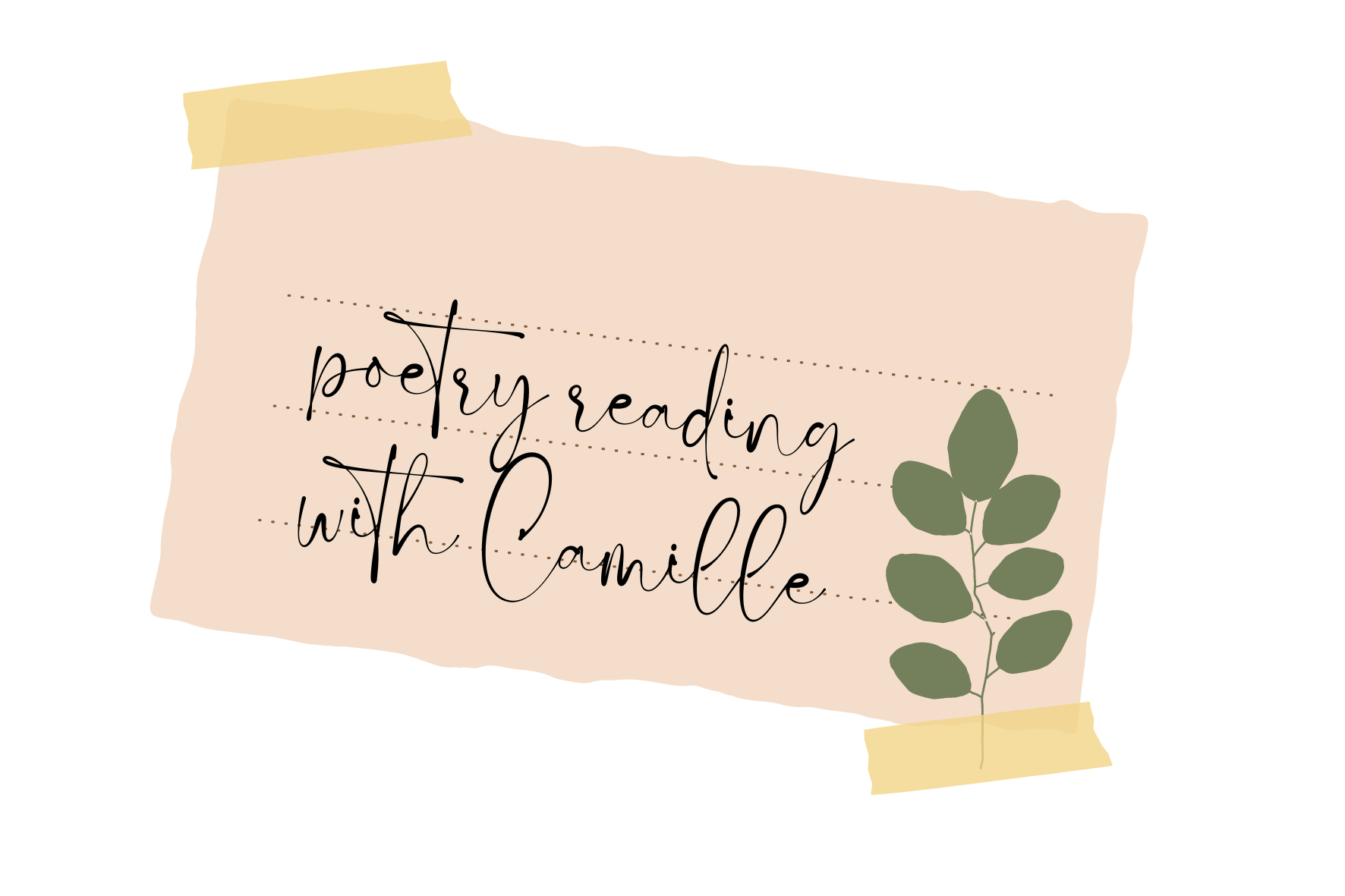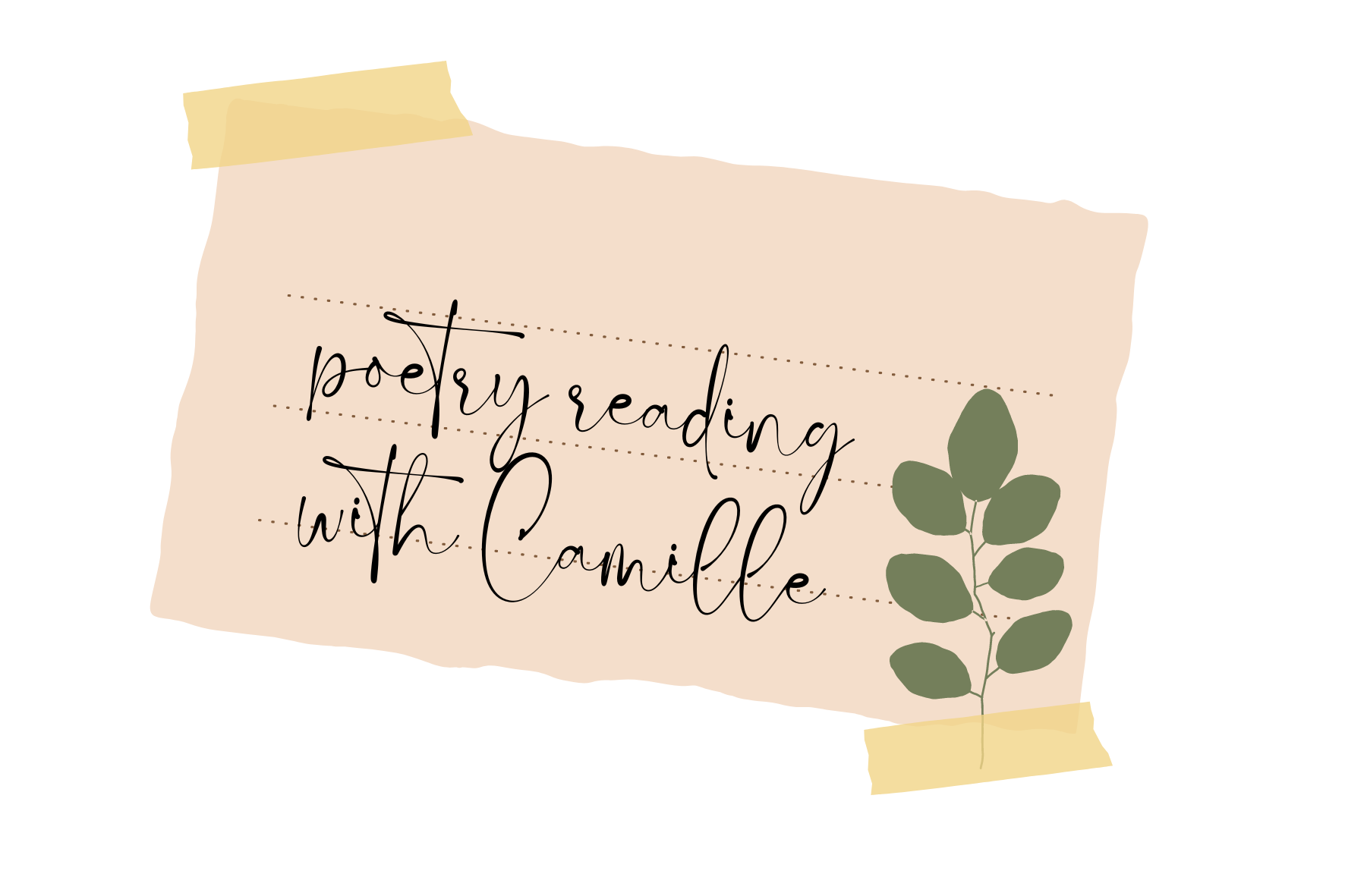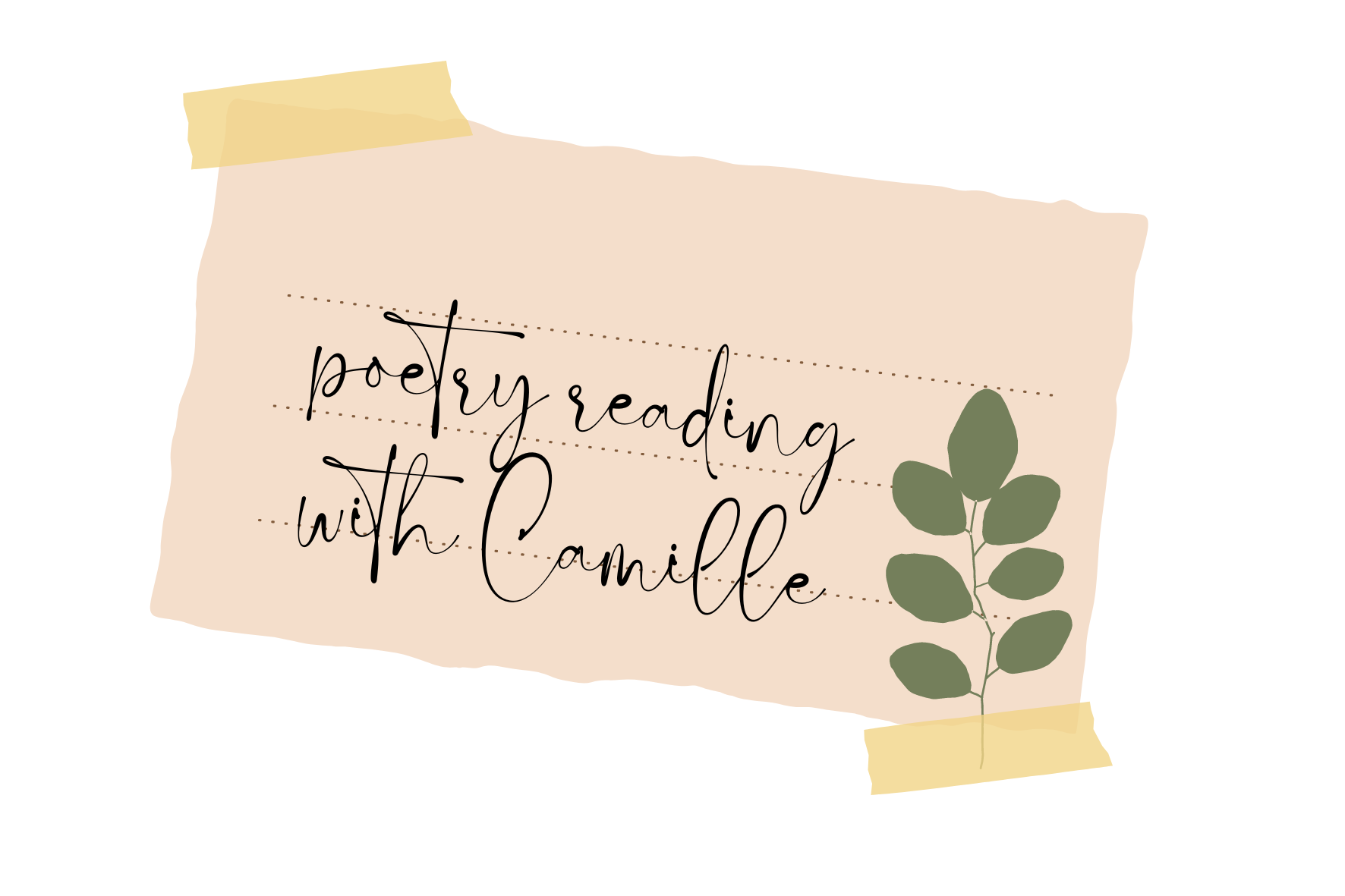Discover this.
this.

this.
Author: Camille
Subscribed: 0Played: 0Subscribe
Share
© Camille
Description
15 Episodes
Reverse
Get full access to this. at camillehernandez.substack.com/subscribe
It’s early morning as dust dances in the early sunlight. Our eldest is lounging on the linoleum floor and playing with her hair as we listen to Count Basie. Our middle child is outside watering the vegetable garden; his morning grounding practice is to nourish the ground. My youngest child is snoring on his dad’s chest.When we grasp these moments, we live outside these tumultuous American times. We are choosing ourselves and each other, infusing these moments of peace into our bones as if the ancestors built a ladder of wisdom into our nucleotide. You must live, I feel them whisper. You must live with all that love we baked into the lining of our wombs.As political and cultural chaos continues to pounce on us, this pursuit of timelessness grows heavy. But how do we writers recreate the timelessness that casts itself into eternity? How do we turn that timelessness into a touchstone?There is a poetic form called the dekaaz, created by Rachel Bagby. She is a Black woman advisor and instigator of cultural change who invented the Dekaaz poem format. Dekaaz is a poetic form and practice that uses the poetic intelligence of just 10 syllables. It translates “Oh, Wow” into insights and potential action.A dekaaz poem must be read aloud; if it’s not, it’s not dekaaz. It is a short poem that goes on forever as it enters the ear and lives in our memories.Together, Rachel and I pursued timelessness in dekaaz poetry. Exploring the awe found in the timelessness of Black womanhood. You can read our dekaaz below and listen to the audio recording of our voices pursuing timeless together.a well
loved woman
begins with herself
what can
cathedrals
give that you don’t have?
hair that
holds a comb
will bend gravity
bonnets
protect hair
and gentle genius
bracelets
clink and clash
while cornrowing hair
empty
canvases
stare at you in awe
what fear
can I have
I myself am life
every
fleck of gold
dancing in brown skin
my ears
crave darkness
speak obsidian
rhythm
and blues, we’re
all rhythm and blues
Get full access to this. at camillehernandez.substack.com/subscribe
I’m starting today’s post with joyful noises.Saturday morning.Early autumn rain.Mommy’s kisses.A toddler giggling.Potty training cues.Love and joy in an infinite loop.repeat. repeat. repeat.I’ve been reflecting on a Sukkot post written by dear friend and inspirational human being Rabbi Danya Ruttenbergabout the urgency of demanding joy in times where joy is misaligned with luxury and privilege. This facade is not joy because it is not universal. Joy dignifies and heals. Joy is a human right. It belongs to us and I believe what belongs to us will finds its way to us. This means that joy is seeking me as much as I’m seeking it. This also means that if I am to seek joy as a dignifying factor of my life and the lives of others then I must hold it as my inheritance. I, an impoverished Black and Filipina mother, deserves to have joy as my portion. As do you. You deserve joy. Joy is evidence of belonging. To deprive people of joy is to say that they do not have the dignity to belong to humanity. Our joy isn’t really joy if it’s available only for the privileged. There’s no joy if those who are most likely to experience harm are excluded from our purview, and our celebrations. That’s not holy rejoicing. [ Rabbi Danya ]I have been in deep survival mode lately as my husband and I gloss over budgets, bills, the silent inflation, and dealing with everyday realities that come with working in public education. Life has been hard and I wish I could tell you that I’m holding onto my joy. I haven’t. I’ve been hyper focused on strategizing through the next day, the next hour, the next few minutes, or the next moment. I often feel like I’m stuck in a cave, wondering when the light will find me, but joy isn’t about finding the light. Joy is about the shared experience of dignity that holds us and heals us where we are instead of convincing us to imagine where we should be. Dignity can be found in the darkest of times and the harshest situations. There is dignity even as we survive violent regimes, blood thirsty empires, and institutional violence.I’m thinking of joy today as I think of these next few weeks leading up to my book’s debut in this world. Writing theology that centers the stories of survivors in the Bible has brought me great joy and deepened my heartache. This responsibility of telling their stories with truth and a trauma-informed lens feels like a privilege to behold. I found this joy (or, rather, this joy found me) in the darkness of their stories and deep within the jagged crevices of their pain. Each survivor spoke their story to me and I had the honor of holding them in their pages and bestowing dignity to us all. I am a survivor too. I am still surviving. In listening to the Bible’s survivors, the ancestral survivors, and my living siblings who continue to survive these forms of violence I share in the holy work of dignifying ourselves in societies that are hyper focused on dehumanizing us.Joy isn’t about finding the light.On October 31st many of you will be holding a copy of my book in your hands. (I’m feeling a lot of feelings as I process this reality.) It is a book that analyzes violence, dignifies survivors, and pursues a liberation that collectively heals. Lately I’ve been thinking of this book as a piece of apocalypse work. The title is big because there’s so many opinions of what an apocalypse is and isn’t. The Oxford dictionary definition of apocalypse is, "an event involving destruction or damage on an awesome or catastrophic scale.” If this is so, then I have faced many apocalypses: racism, sexism, misgynoir, queer phobia, patriarchy, political instability, economic collapse, every kind of retaliation, etc. etc. To do apocalypse work to is extoll dignity in the face of the many multilayered atrocities our intersectional identities face. All Apocalypse Work is the creation of life in the face of so much death. It is resistance, healing, and liberation. The Hero and the W***e is a book about apocalypses and the people who survived them as they built a heritage of liberation. It is a book about people who clung to joy in the darkness.The Hero and the W***e is a book about apocalypses and the people who survived them as they built a heritage of liberation. thank you for reading my substack! I enjoy creating this reader supported publication for you all. please continue supporting my writing and works through subscribing today and/or upgrading your subscription. This is a public episode. If you’d like to discuss this with other subscribers or get access to bonus episodes, visit camillehernandez.substack.com/subscribe
A somatic meditation is a meditative practice that allows us to practice mindfulness while seeking and lovingly transforming our internal sensations. We come in tune with our minds and bodies and the vastly complicated network of sensory information that is in constant communication within us at all time. Somatic meditations have become an important part off my daily practice to help me develop self-trust, invite expansion into my spirituality, and connect with myself in new ways.Today’s somatic meditation is on developing self-kindness. Join me as we explore ways to initiate self-kindness as we root deeper into our own embodied self-kindness.Thank you for listening to today’s meditation! I’d love to know what you felt and discovered in today’s practice. Please use the comment section below to share your experience. This is a public episode. If you’d like to discuss this with other subscribers or get access to bonus episodes, visit camillehernandez.substack.com/subscribe
I wrote this poem in the summer of 2022 and preformed it for the Roots.Wounds.Words writing community. It is a poem meant to be an audible family tree as it details generational resilience and abolition as heirloom.This poem and its reading is only available for paid subscribers. Upgrade your membership to read and listen to this poem and access other content only available for this community. In honor of Black Women’s History Week, I am providing a special offer of 50% off the price for a paid subscription. Click the button below to upgrade.we speak our names to the morning light
when cinnamon cereal turns the milk to horchata
hungered mouths fill, sleep-drained eyes fade
we speak our names to the morning light
dawn doesn’t grow weary—delighting in hearing
children’s minds, tongues, and fluttering Sankofa birds
conjur who we are in names
Hernandez is the name of your father
Do not think of conquistadors’ sons
Practice rolling your R’s
think of Bisabuels’s birria
How spoons roll in pots of love, adding
casa-grown vegetables—this name tantalizes tastebuds
emphasize the D to remember abuelo’s migration
To a state that needed his hands and discarded his soul
D is for Delano grape strike
Filipine and Latine solidarity, unionizing, labor strikes
Let the D sting in other’s ears—clutch back
souls this country tried to steal
Brown is next
Holding itself, a mystery
We don’t know the names of our ancestors
so we created new names. granddad chose
brown as he fled the KKK. Mississippi dirt
Held him up while the lynching rope beckoned
Him to sway—But I want you to think of the
Seeds our mothers braided into hair.
It is a hair-itage to be Brown. People
Speak poorly of dirt unknowing
it carried our seeds and rooted our feet.
Teaching us to pray with our legs
Marching on.. and on… and on…
Panganiban, the name of your Lola
It is an oooooold word that means danger
Not: destined to be dangerous
But: destined to survive, you come
From people who chose life despite conquest
imperialists searched for my lola,
every girl, and shaman in the barrio
Convinced our people were the only
Comfort from war. One day you will understand
Earth hates conquest, will do
All it can to protect the flower from rape
and erasure. You exist now because
Your great grandparents were cradled by caves
We do not own trinkets, heirlooms, or gems
We hold memories in our dreams
stories live in our sinews
YES—we are poor in coin and rich with abolition
close your eyes and hear their freedom songs
smell herbs steaming from a pot of love
And if you sit in the silence long enough you’ll feel the rock
That became the shield that became the altar
Where they prayed for you
Remember this: survival is a bomb exploding in the face of a vengeful god
And there is nothing more fragile than the ego of that we refuse to worship
My children—you are a miracle and miracles need to be proclaimed
Often, early, and as soon as possible. My children, this is why
we speak our names to the morning light
This is a public episode. If you’d like to discuss this with other subscribers or get access to bonus episodes, visit camillehernandez.substack.com/subscribe
I’d love to know how you received this piece. Please answer any (or some or all) of the questions in the comments below:* what emotions are you feeling with this poem?* what words, phrases, or images stuck out to you?* how is your body responding to this poem?* how will you hold this poem today?* how is this poem shifting or speaking to you? This is a public episode. If you’d like to discuss this with other subscribers or get access to bonus episodes, visit camillehernandez.substack.com/subscribe
I’d love to know how you received this piece. Please answer any (or some or all) of the questions in the comments below:* what emotions are you feeling with this poem?* what words, phrases, or images stuck out to you?* how is your body responding to this poem?* how will you hold this poem today?* how is this poem shifting or speaking to you? This is a public episode. If you’d like to discuss this with other subscribers or get access to bonus episodes, visit camillehernandez.substack.com/subscribe
Today’s poem is sun and salvation are twins by akilah oliverI’d love to know how you received this piece. Answer any (or some or all) of the questions in the comments below:* what emotions are you feeling with this poem?* what words, phrases, or images stuck out to you?* how is your body responding to this poem?* how will you hold this poem today?* how is this poem shifting or speaking to you? This is a public episode. If you’d like to discuss this with other subscribers or get access to bonus episodes, visit camillehernandez.substack.com/subscribe
I’d love to know how you received this piece. Please answer any (or some or all) of the questions in the comments below:* what emotions are you feeling with this poem?* what words, phrases, or images stuck out to you?* how is your body responding to this poem?* how will you hold this poem today?* how is this poem shifting or speaking to you? This is a public episode. If you’d like to discuss this with other subscribers or get access to bonus episodes, visit camillehernandez.substack.com/subscribe
I’d love to know how you received this piece. Please answer any (or some or all) of the questions in the comments below:* what emotions are you feeling with this poem?* what words, phrases, or images stuck out to you?* how is your body responding to this poem?* how will you hold this poem today?* how is this poem shifting or speaking to you? This is a public episode. If you’d like to discuss this with other subscribers or get access to bonus episodes, visit camillehernandez.substack.com/subscribe
This week’s poem is blk/rhetoric by Sonia SanchezI’d love to know how you received this piece. Please answer any (or some or all) of the questions in the comments below:* what emotions are you feeling with this poem?* what words, phrases, or images stuck out to you?* how is your body responding to this poem?* how will you hold this poem today?* how is this poem shifting or speaking to you? This is a public episode. If you’d like to discuss this with other subscribers or get access to bonus episodes, visit camillehernandez.substack.com/subscribe
I’d love to know how you received this piece. Please answer any (or some or all) of the questions in the comments below:* what emotions are you feeling with this poem?* what words, phrases, or images stuck out to you?* how is your body responding to this poem?* how will you hold this poem today?* how is this poem shifting or speaking to you? This is a public episode. If you’d like to discuss this with other subscribers or get access to bonus episodes, visit camillehernandez.substack.com/subscribe
This week’s poem is Foreday in the Morning by Jericho Brown.I’d love to know how you received this piece. Please answer any (or some or all) of the questions in the comments below:* what emotions are you feeling with this poem?* what words, phrases, or images stuck out to you?* how is your body responding to this poem?* how will you hold this poem today?* how is this poem shifting or speaking to you? This is a public episode. If you’d like to discuss this with other subscribers or get access to bonus episodes, visit camillehernandez.substack.com/subscribe
I’m introducing a new segment to this substack space… a poetry reading! Today’s post is a preview for what’s to come. Poetry readings will only be available to paid subscribers. Your financial support helps me create poetry, essays, and podcasts. Would you consider becoming a paid subscriber today?the most in vogue trend is how we use a word to describe
the end of everything we know. "late stage capitalism"
has become an outfit. some wear the word like haute couture,
others hobble it together without tact & there are those who
dress it like neon. it's the latest statement piece to throw into
the conversation. Ruffles, lace, and late stage capitalism.
I do not care about the conversations people have or the intellectual
wars that create fertile grounds for narcissistic personalities.
they way you string words together to make hollow epithets make you
look like the emperor in his new robes: naked, pompous and ignorant.
I hate that a free market is so poisonous that we cannot pursue
collective wellbeing without someone advertising a shiny new thing.
I hate that justice is a struggle and, to the dismay of our ancestors,
it's become a wealth-mongering hustle. What happened to the
power of the people over the privilege of the pocket?
did it die when the cops killed our children?
what I hate the most is that people do not yet understand
how an economy that needs exploitation to flourish set a platform
to villainies consent and bodily autonomy
what I hate the most is how policing abortion means prisons will
be built to house birthing bodies that couldn't choose their fate
what I hate the most is how prison labor gives
Fortune500 companies profit for pennies on the dollar
what I hate the most is how demonizing trans bodies
and trans-affirming families will turn prisons into
generational interment camps. The camps that separate
migrant families will become replicated and reinstated.
what I hate the most is how the oligarchs believe
the conceivable cure for late stage capitalism is more prisons
some use this term as if it makes their tongue so fancy
I speak of it with grief, knowing that we are a country
reliant on concentration camps to revive a dying economy
foolish emperor, bite your tongue and remove your invisible garments
it is better to be naked and learning from the people already breaking chains This is a public episode. If you’d like to discuss this with other subscribers or get access to bonus episodes, visit camillehernandez.substack.com/subscribe
For today’s interview I speak with Sharday Renee about all the things relevant to us as Black, Indigenous and Asian moms with trauma. We start the conversation with our experiences birthing our pandemic babies, how the Black maternal health crisis impacts our maternal care, why gentle parenting isn’t enough for moms with trauma, and creating our own vision for a restorative-ancestral-wisdom-spiritual-healing-based motherhood.Sharday is a wife to one, mama to three young royalty. She is a social reformer currently returning home to the art of storytelling. This tradition is an artform that is deeply embedded into her through her afro-Indigenous roots. Sharday is most aligned within herself when she nurtures empowered-interwoven stories to inspire those around her to rise.Show notes:The Black Maternal Health Crisis in Americahttps://www.cdc.gov/healthequity/features/maternal-mortality/index.html This is a public episode. If you’d like to discuss this with other subscribers or get access to bonus episodes, visit camillehernandez.substack.com/subscribe


